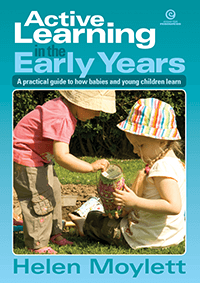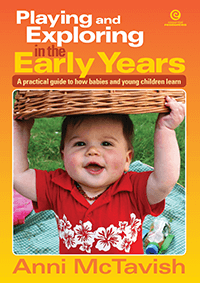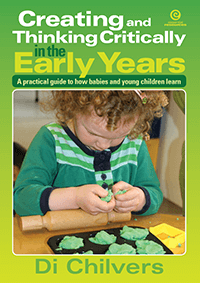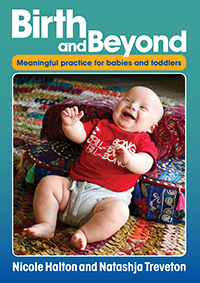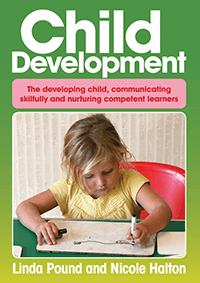
Active Learning in the Early Years
Focuses on teaching and learning and its practical implications for early years practice
|
NZD incl GST
|
Add to cart | |
| or more | each |
